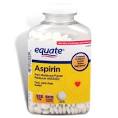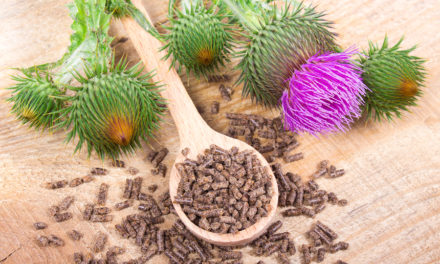Reactive arthritis, following bouts of diarrhea, bowel infection or bowel inflammation is well-documented. Several species of bacteria have been associated with reactive arthritis including vibrio cholerae, salmonella, shigella, yersenia and campylobacter. Between 10-20% of patients with Crohn’s disease develop a reactive arthritis. More information about this is found in “Antigens, the Gastrointestinal Tract and Arthritis”, Inman, Robert D., M.D., Rheumatic Disease Clinics of North America (May 1991;17(2):309-321).
Food, in some instances can produce the symptoms of rheumatoid arthritis. One small study examined 16 patients with rheumatoid arthritis (RA) who reportedly had arthritis related to food consumption. Of the 16, three of the patients demonstrated subjective and objective changes after a blind controlled food challenge. They were also asymptomatic when not exposed to the offending food. It is possible that elimination diets may work for some RA patients. According to the journal article, “Intestinal Flora, Bacteria and Arthritis: Why the Joint”, Hazenberg, M.P., Scandinavian Journal of Rheumatology (1995;24(Suppl. 101):207-211), products from bowel bacteria may be implicated in certain cases of arthritis.
Another study, “Small Intestinal Bacterial Overgrowth in Patients With Rheumatoid Arthritis”, Henriksson, A.E.K., et al, Annals of Rheumatic Diseases (1993;52:503-510) studied 25 patients who tested positive for RA. Eight of the 25 (32%) were either hypochlorhidric (low stomach acid) or achlorhydric (no stomach acid). They were compared to achlorhydric controls and controls with normal stomach acid production, who did not test for rheumatoid factor. Of the subjects with inadequate hydrochloric acid production, half of the controls and half of the RA patients had small intestine bacterial overgrowth. Of the subjects with normal stomach acid production, none of the controls had bacterial overgrowth in the small intestine, but 35% of the RA patients had bacterial overgrowth in the small intestine. The authors conclude that there is a connection between bacterial overgrowth and the disease.
A diet that works to balance the bowel flora, like an elimination diet or a vegan diet can be beneficial to patients with RA. Improving the diet is a safe, inexpensive way to address the disease. Finding and eliminating food sensitivities may be useful in treating RA. Eating vegetables helps to balance the bowel flora. Adequate enzyme and hydrochloric acid production may also help to keep the bowel flora in balance. These are small studies and observations. It should be noted that Alexander Fleming’s discovery of a substance produced by mold that inhibited bacterial growth did not get much attention at first. Earlier observers noted that mold suppressed bacterial growth, but thought nothing of it. But these minor observations set the stage for the development of penicllin.





